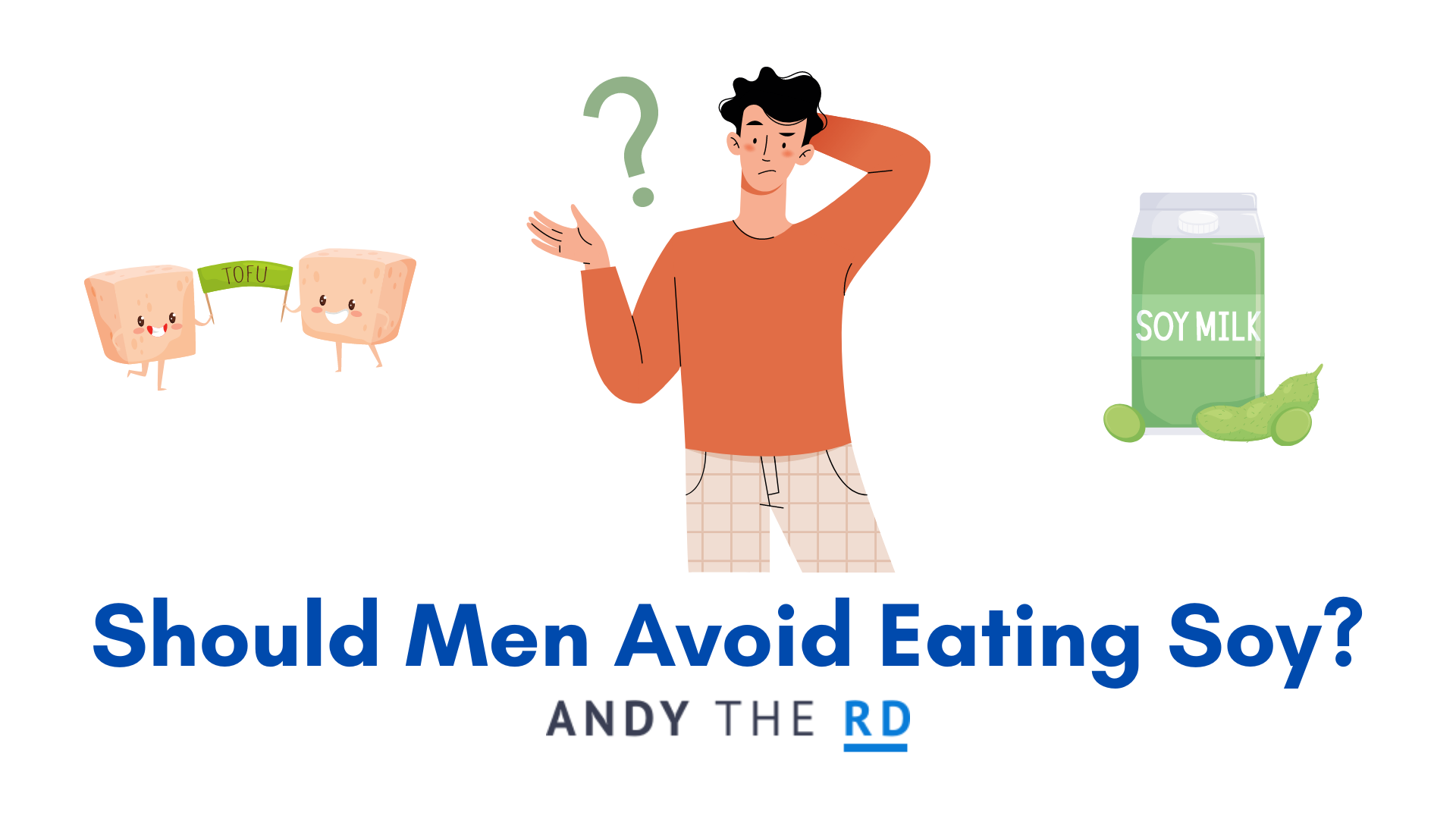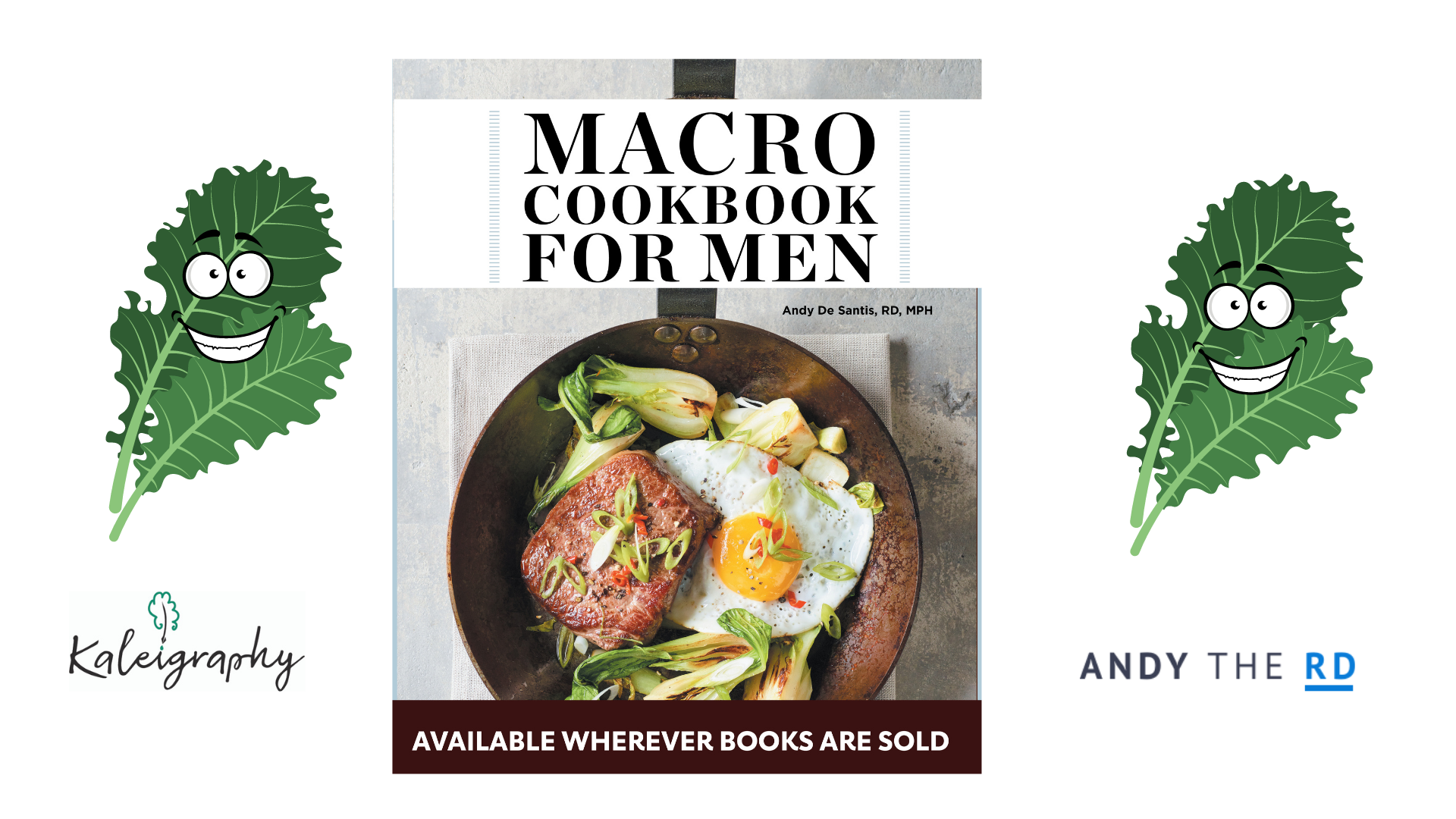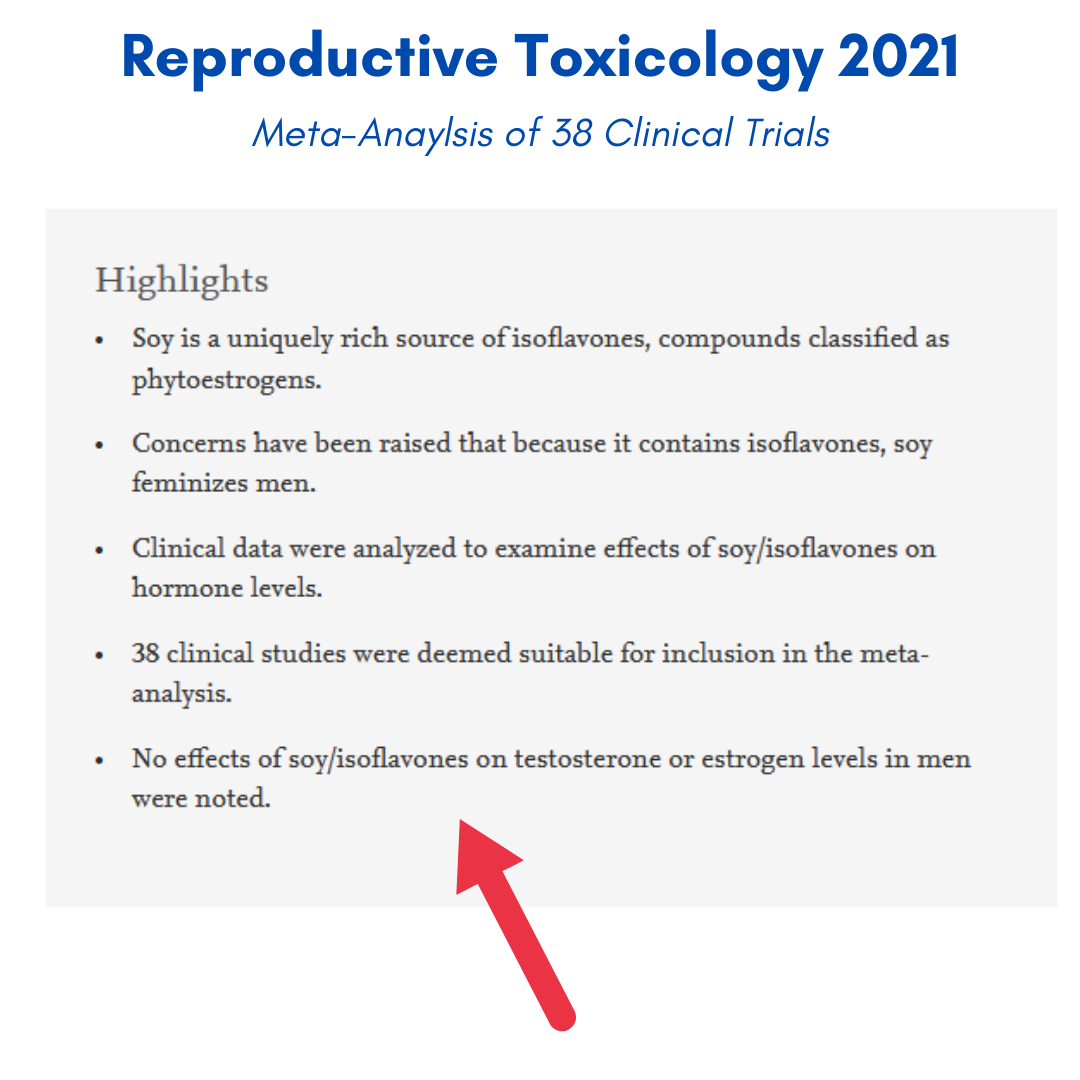The notion that soy intake is unsuitable for males due to its negative interaction with testosterone & estrogen levels is one of the more problematic modern nutrition beliefs.
It conflicts heavily with one of my primary nutrition philosophies which is to say that diversity in protein intake is a significant staple of good long-term health.
A sentiment which I carry forward and broach at a greater length in my Macro Cookbook for Men – which is on sale now!
Although I’ve discussed the interaction with soy and health outcomes in a number of articles over the last several years, I’ve never written specifically to discuss this topic as it relates to the male gender and testosterone levels.
In today’s article, I turn to the best available evidence of the last decade or so in order to try to determine, once and for all, whether or not soy intake is detrimental to a man’s testosterone levels.
Why Soy Worried?
Testosterone is the primary male sex hormone and so it should come as no surprise that the thought of consuming a food that may explicitly reduce its bioavailabilty would be quite frightening.
This premise is based on the oversimplified notion that soy, which contains compounds that very weakly mimic the female hormone estrogen, will somehow wreak havoc on a male’s endocrine system.
But is there any factual basis for this claim?
Let’s find out!
Soy & Testosterone
I will start by saying, once again, that I fully sympathize with men who omit soy over a belief that it will lower their testosterone levels.
I say this only because it is a truly startling thing to hear, and so you have my sympathy.
It goes without saying that testosterone plays a massive role in sexual functioning and low testosterone levels can be the cause of a decrease in sexual performance.
And while testosterone’s role in male physiology cannot be questioned, soy’s interaction with it certainly can be.
In fact, a robust 2010 meta-analysis out of the Fertility & Sterility journal found that soy intake had no measurable impact on testosterone.
Further to that point, a recently published 2018 paper out of the Scientific Reports journal looking at male college students taking a soy protein supplement found that it had no measurable estrogenic or androgenic affect.
Oh and then there’s this:
In other words, based on the outcomes measured, there was no evidence soy protein intake altered hormone signalling in this population.
If you’d like to learn how to utilize better nutrition to maintain testosterone levels and over sexual health/performance, read my blog on that topic.
Soy Helps Rather Than Hurts
Soy contains many important nutrients that are simply not found in rich supply in traditional protein sources like chicken/beef.
Given the absence of any explicit high quality evidence suggesting a detrimental effect of soy on male hormones, it’s only reasonable we also explore the other side – is there any potential benefit men may garner from soy intake?
The first point to clarify is that soy is considered a complete protein that is generally recognized as either very close to or on par in terms of comparisons to animal protein as it relate to biological value and utility.
It allows men to reduce their saturated fat intake by not overly relying on more conventional protein sources like red meat, even if no one is saying you need to cease your meat intake – it’s hard to deny that variety in protein intake supports good health and longevity.
From here we can also acknowledge that soy intake has a role to play both in lowering cholesterol AND blood pressure.
Which, by the way, are the two most common reasons why men are prescribed medications by their doctors.
Finally, and further to that medically-driven point, a 2009 American Journal Of Clinical Nutrition study found soy intake to be protective against prostate cancer, which is the most common male cancer and also a leading contributor to erectile dysfunction.
These findings were supported by a more recent meta-analysis out of the Nutrients journal.
Soy is also rich in fibre and calcium, nutrients that have a role to play in colorectal cancer prevention (the third most common and deadly male cancer).
As it relates to optimizing testosterone levels, if you are genuinely concerned about the interaction between your diet and sexual health, please do read my article on the topic that specifically points out the foods that can help.
Final Thoughts + Good News
Hopefully you guys can appreciate the creative direction I went with today’s article given the evidence available to me.
To all the men out there who are scared or apprehensive about consuming tofu, no one is asking you to go vegan or eat it every single day.
It’s a useful tool in your dietary belt and one that is helpful both economically and physiologically.
Andy De Santis RD MPH





